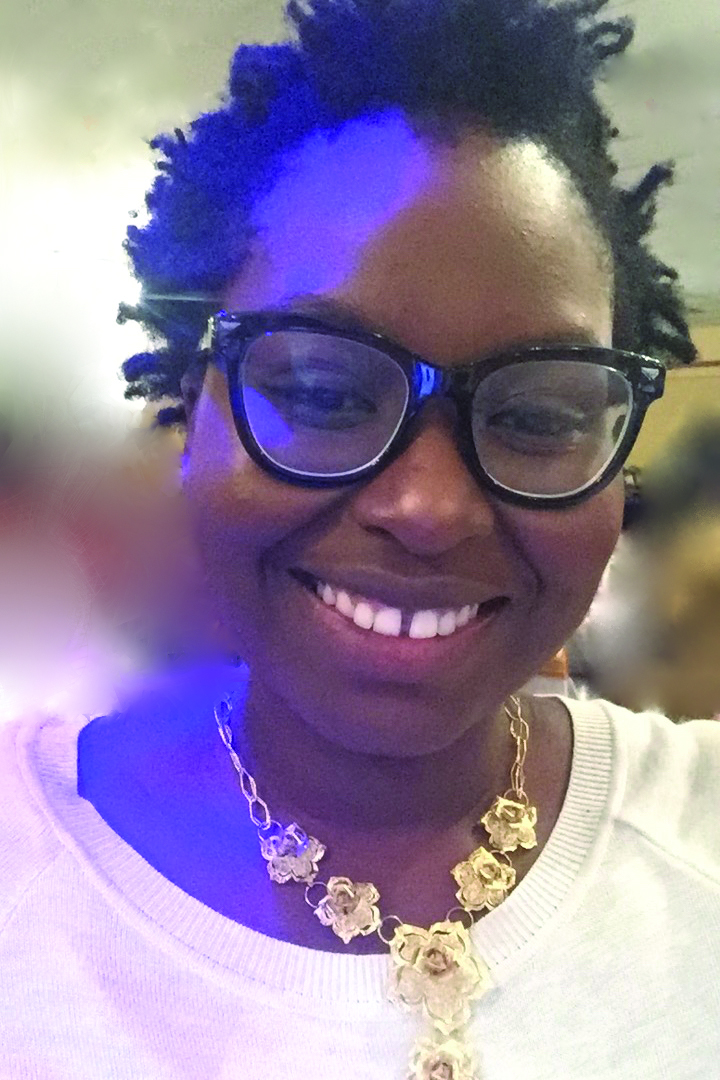


By Rebekah Smith, Jelilat Adesiyan, and Heavenly Freeman | STC Student Members
As students of technical communication, our perspective on what it means to develop as professionals is informed largely by the courses we take, our internship opportunities, and professional associations. We, the Texas Tech University STC Student Chapter, strive to prepare ourselves to make meaningful contributions to the industry. One contribution that we believe we can make is shedding light on student perspectives. Moving into the professional world is a defining transition for students and recent graduates entering the job market. Getting into the minds of students can reveal fresh perspectives on the benefits of engaging with STC student chapters, providing internships in your workspaces, or even returning to school for further education.
Even if they happen slowly, trends in collegiate settings are likely to affect the future of technical communication—and we believe that students and recent graduates are that future. As we considered submissions for this issue, we wanted to highlight ways students pursue networking opportunities, prepare for the job market, conduct research, and seek community involvement. The submissions we received profile a variety of ways students access these valuable resources. Who could better describe the current climate of transitioning into the workplace than people who are currently experiencing it? Whether you’re in a position to hire recent graduates or interns, curious about what’s happening in academia and STC student chapters, or you’re a student yourself, this issue is designed to help you see students’ points of view.
Beginning our special issue are two nontraditional student profiles. The first, “Going Back to College in My 30s: The Journey of a Nontraditional Student,” was written by Liz Jeffries. Liz is currently attending Metropolitan State University of Denver and shares her insights about the hurdles of going back to school for a bachelor’s degree and making meaningful moves forward with her degree plan.
Following Liz’s article is a second student profile by Jonah Schwartz, “Still Growing: A Long Journey into Technical Communication.” Jonah’s narrative elaborates on his decision to seek a master’s degree and describes the support and networking opportunities provided to him during his time at Eastern Carolina University and as an active member in STC Carolina. Both Jonah and Liz provide insights into how their programs and extracurricular involvement shape their workplace expectations and readiness.
In the third article, “Internship Insights from Summer Interns at National Instruments,” Omar Melhem and Patrick Behrens share how their National Instruments (NI) internships have been an important step in preparing them as up-and-coming professionals. Katie Tighe, NI recruiter and technical communicator, provides bonus content from the business perspective on what their company looks for in their interns and the benefits these interns bring to NI toolchains and teams. Internships play an increasingly important role in preparing students for professional positions, and we hope companies with or without current internship positions will consider the benefits associated with taking on interns.
Another article that we felt strongly about selecting for the issue was Meghalee Das’s “Key Takeaways and Trends in Remote Research.” The article highlights adjustments she made to complete her own user experience research in the midst of the pandemic shutdowns of early 2020. Though the long-term implications of COVID-19 on students and recent graduates are yet to be seen, Meghalee discusses how coordinating research efforts through technology could be a strength recent graduates bring to the industry and provides her key takeaways as a researcher.
Concluding our issue, Kylie Jacobsen ties in the role STC student chapters can play in professional development in her article, “Student Perspectives of a Student Chapter.” Kylie provides helpful insights for furthering the funding opportunities and influence of student chapters in our communities and suggests ways professional STC members can get involved. She also recognizes the importance of student chapters in developing professional skills and engaging with the larger STC community.
Ultimately, we are one STC community: students, recent graduates, part-time writers and editors, and long-time professionals. We come from many backgrounds and work in a variety of fields, and that makes it all the more important for us to see one another’s perspectives. We hope this issue of Intercom adds to your understanding of how student experiences might intersect with your own.
All aboard,
Rebekah, Jelilat, and Heavenly


